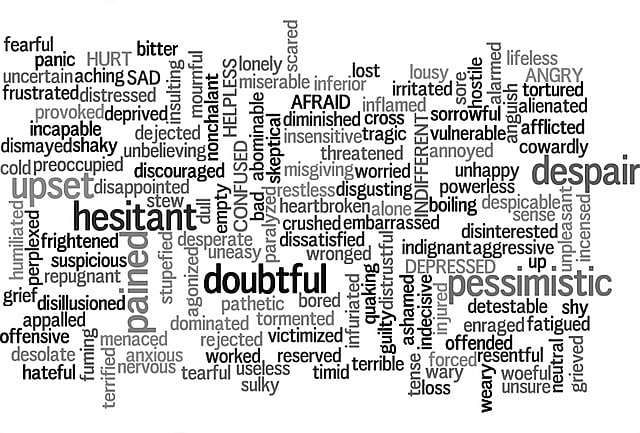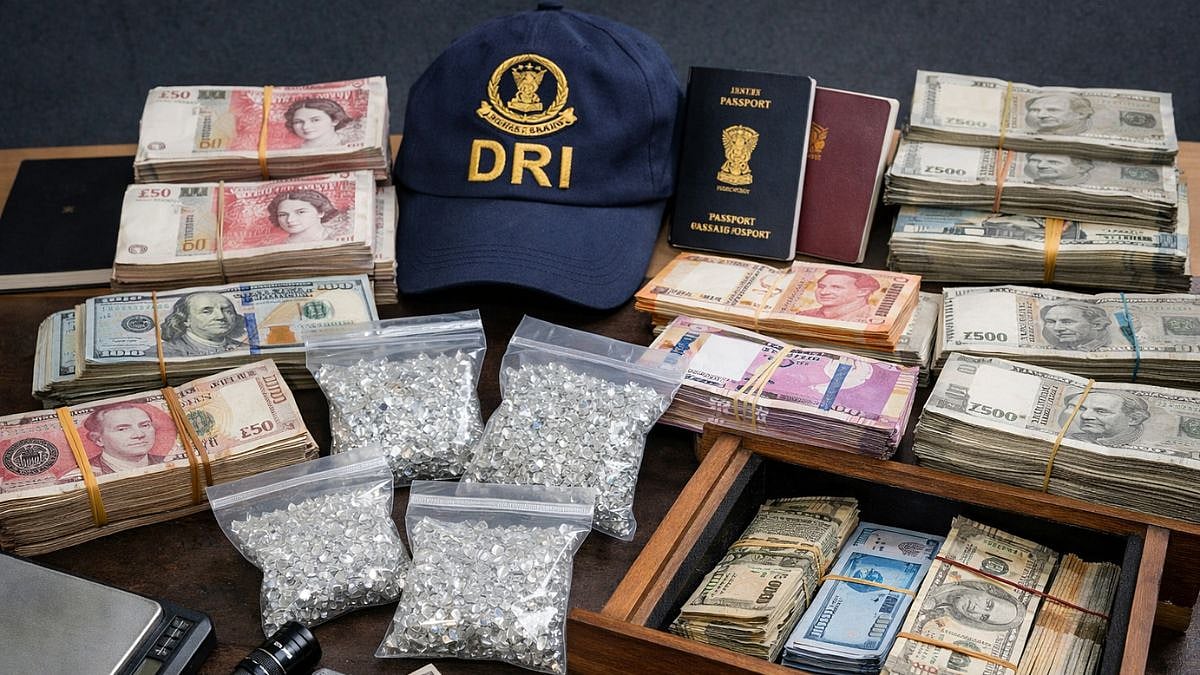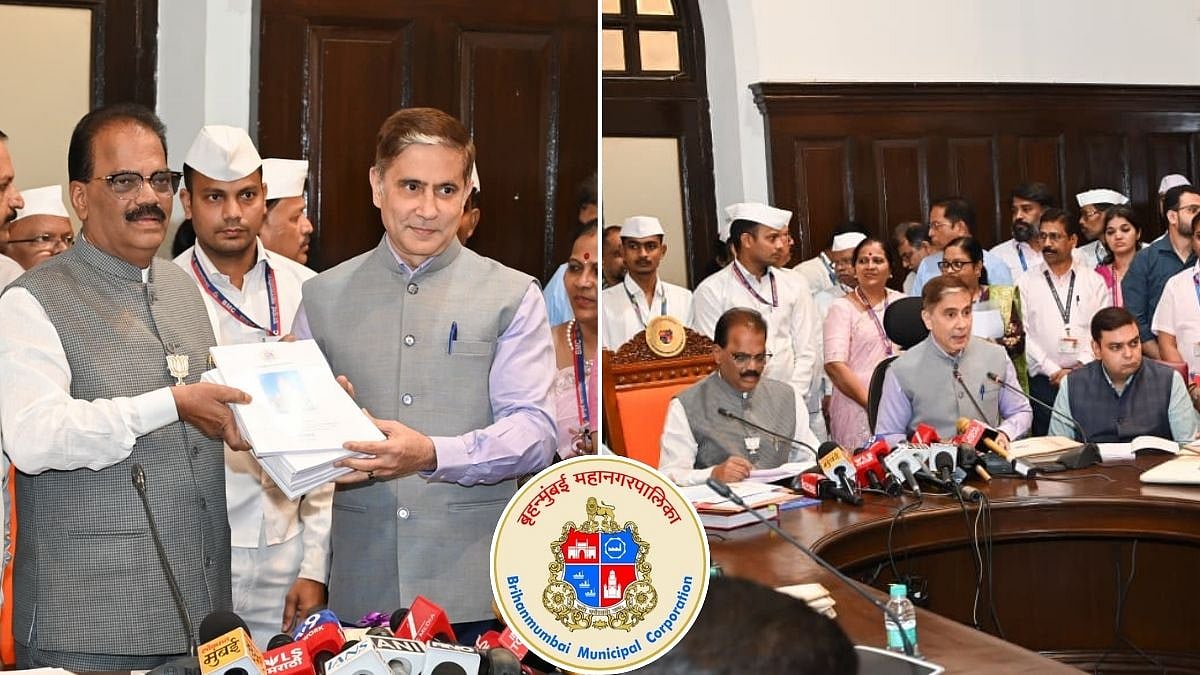“This is the worst, worst, worst corrupt government...” is a sentence routinely spoken in drawing rooms as well as the Parliament. “Ulta chor kotwal ko daante”, the Hindi idiom which literally means the thief scolds the police and suggests an inverted order of things, is said in humour or in admonition, even criticism. These harmless words and sentences are now on the list of unparliamentary expressions published and circulated by the Parliament secretariat ahead of the monsoon session beginning on Monday. Not unsurprisingly, the list led to an uproar across the anti-BJP political spectrum with leaders taking to social media platforms to express their disgust or disapproval at words being “banned”, or mock the Narendra Modi government using some of the “unparliamentary” words as Congress MP Rahul Gandhi did. The uproar led to Lok Sabha Speaker Om Birla clarifying that it was not a new practice and it did not mean a ban on the use of the words during Parliament proceedings. The stage is set for a verbal duel over the next few days.
Such a controversy over a significant but not profound matter is perhaps what the ruling party wanted, too. It serves as a useful distraction from the heap of issues that embarrass the government – from the runaway inflation and rise in the price of essential goods to the altered national symbol on the new Parliament building and accusations of majoritarianism or authoritarianism. The government may or may not have had a hand in the rather embarrassing list of words and phrases deemed unparliamentary but given the stranglehold that it appears to have on almost all the columns of India’s democratic architecture, it should not surprise anyone if it emerges that there was a helpful nudge and wink from the highest echelons of the government to those drawing up the list.
The LS Speaker’s justification carries the clever double-talk or doublespeak that’s now characteristic of the ruling BJP: Factual but not truthful. It is indeed correct that a list of unparliamentary language has been compiled and circulated, drawn from both the Houses as well as state legislatures, since the 1950s. But the Speaker could not, or did not, explain how certain words and phrases such as “worst” or “corrupt” were included in the list this time around. Parliamentary rules authorise presiding officers to delete certain words from the day’s proceedings which they consider defamatory, indecent, or undignified which then make to the list of unparliamentary expressions, but words taken out of context makes the list sound hollow and suspicious. How can words such as “greed” or “theft” or “sexual harassment” by themselves be described as unparliamentary? When they were used within an offensive or indecent context during a certain debate in the House, they must have come across as undesirable especially within the norms set down there.
The words and phrases, many more in Hindi than in English, are revelatory and hilarious. A sample of English words, in the alphabetical order, includes the following: Chamcha, chamchagiri, corrupt, corruption, crocodile tears, donkey, eyewash, fake, foolish, fraud, goons, greed, heckle, hypocrisy, incompetent, lie, loot, mama, murder, pet dog, poster boy, rape, rubbish, saleswoman, scammed, shame, show off, snake charmers, snoopgate, theft, touts, traitor, worst and so on. Then there are Hindi words such as taanashah, taanashahi, Jaichand, vinash purush, and khoon se kheti. Even proper nouns such as Shakuni and Khalistani were found objectionable enough to be included in the list which would make for a hysterical weekend read.
It is useful, even necessary, to look for the intent and outcome of what appears to be bizarre; there’s usually some method in the madness. This list should be read with the order to not gather or protest or raise slogans not only in the Houses but even near the Gandhi statue in the Parliament complex which is a favoured and default space for anti-government gatherings. The most charitable explanation of the intent behind both is an attempt to bring order to the Parliament so that its business can be conducted smoothly. But the government enjoys a massive majority within the hallowed Hall and need not worry about the opposition stalling any parliamentary business. The uncharitable – and unflattering – rationalisation is that the government is becoming increasingly insecure, unable to explain the mess in the economy and strife in society, and unwilling to hear criticism or condemnation of its tenure; the simplest route is to take away the words that are used to express critique.
Taken together, there is an undeniable attempt to smother voices against the government, in effect curb the political expression of opposition parties. If words and phrases routinely used to criticise the government of the day are barred, if the spaces historically used to protest against it are proscribed, it cannot but be interpreted as the strangling or throttling of democracy and especially the political opposition in the country. India’s Parliament was conceived of, and with some exceptions has functioned, as the political microcosm of the country with Members of Parliament giving expression to people’s views and aspirations. Any Lakshman Rekha drawn here takes us all down a slippery undemocratic slope. There is no purpose served in constructing a new grandiose Parliament complex – albeit with a controversially altered national symbol atop it – while hollowing out parliamentary debates inside the House. What, or who, is the government afraid of?




